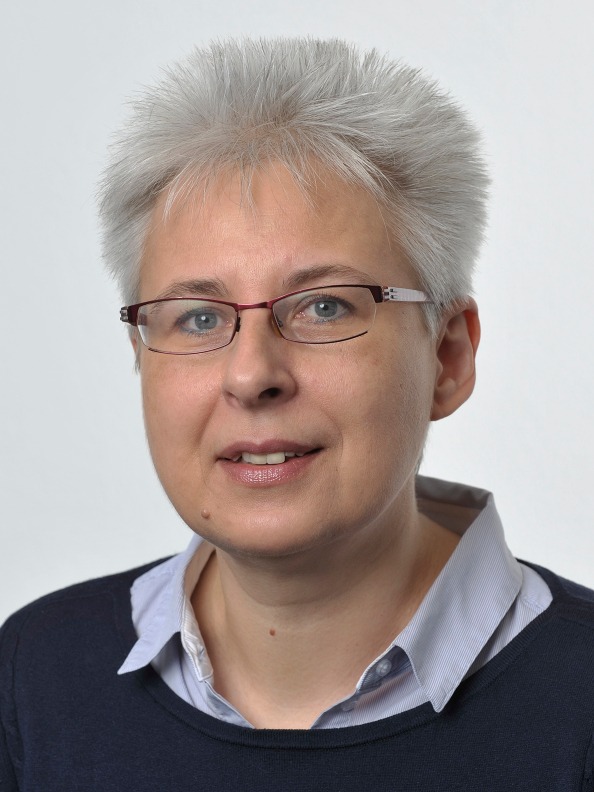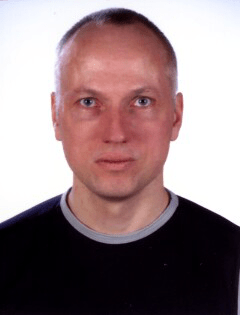Meet the SPIRIT Partners: an interview with Deutsche Telekom’s Project Manager Vivien Helmut and Peter Hofmann

Vivien Helmut
Vivien Helmut is a project manager at T-Labs, the research and development department that is focusing on translating new technology trends and delivering tangible results into Deutsche Telekom’s innovation portfolio. She has been actively involved for over twenty years in national and international research and funding projects in the fields of telecommunications, Connected Home, IoT and xR. Her focus is on implementing new technologies to improve the customer experience.

Peter Hofmann
Peter Hofmann of Deutsche Telekom Security is a senior IT security consultant with 20 years of experience in Mobile Security, Cloud Security, and integration of hardware security in applications. He has worked in R&D projects such as the Telekom Mobile Wallet (MyWallet), integration of artificial intelligence in automotive security projects, cloud security projects, as well as standardisation activities with ETSI and the GSMA in the areas of IoT security and mobile payment.
Q: Tell us more about Deutsche Telekom and its ecosystem.
A: Deutsche Telekom is one of the world’s leading integrated telecommunications companies, with some 245 million mobile customers, 25 million fixed-network lines, and 21 million broadband lines in Europe and the US. Developing from a classic telephone company into a software company that sells telecommunications services, Deutsche Telekom is on its way to become the Leading Digital Telco.
Deutsche Telekom takes part in the SPIRIT project with several affiliates, starting with T-Labs, DT-Security, and T-Systems.
T-Labs is the research and development unit of Deutsche Telekom, focusing on translating new technology trends into tangible results for Deutsche Telekom’s innovation portfolio. Co-research is the key mission for the T-Labs team, with the vision of achieving a superior customer experience and exploring disruptive technologies for future telecommunications infrastructures.
The Telekom team is completed by the Telekom Security and T-Systems business units.
Telekom Security is one of the largest providers of IT security solutions in the world. As market leader in Germany, Austria, and Switzerland, Telekom Security pools cyber security expertise across the Deutsche Telekom Group. Telekom Security does not only protect Deutsche Telekom’s networks from cyber-attacks, but also offers this protection to external customers.
T-Systems is one of the leading providers of digital services in Europe. T-Systems offers a broad portfolio of coordinated IT and network solutions for digital transformation, including private and public cloud services, digital solutions for industry 4.0, artificial intelligence (AI), and virtual reality (VR).
Q: What is your contribution to the SPIRIT project?
A: T-Systems: testbeds
The Deutsche Telekom 5G Testbed operated by T-Systems is located in the Siemensstadt Square district in Berlin where Deutsche Telekom collaborates with the Werner von Siemens Centre and various other partners coming from industrial, public and educational sectors. Featuring high bandwidths, minimal latency, and maximum availability, Telekom’s 5G Campus network makes innovative industry-related applications possible – such as autonomous mobile robots for production and logistics.
DT-IT: Security, confidential computing
Telepresence data contains sensitive personally identifiable information. To use the advantages of public cloud services measures must be taken to protect telepresence cloud data processing. DT-Security provides a confidential computing testbed with a trusted execution environment. A technology that can be realised in Private Clouds and ideally will soon also be available from large cloud providers.
Q: What drew Deutsche Telekom to take part in a Horizon Europe Innovation Action project?
A: As Communication Service Provider (CSP), Deutsche Telekom is very interested in upcoming telepresence use cases and their new technical challenges for the networks, as well as the needed cloud and edge computing infrastructures. Given the relatively high bandwidth and content data processing power required for supporting telepresence-based services, the existing resources need to continually evolve with the new requirements. In current networks, the existing latency fluctuations, jitter, and asymmetric up/downlink may negatively affect the Quality of Experience for users in some use cases.
We are excited to work with partners of the leading-edge research community, experimenting, and evaluating innovative solutions for the upcoming challenges in telepresence and XR applications with experts in their fields. For example, ensuring stable latency that applications can adapt to will provide significantly better user experience.
We also believe that the Open Call approach of “inviting” and supporting third party use cases is a great opportunity to gain a broad overview of new use cases and implementations in this area.
Q: How will SPIRIT results and outcomes make a game-changing contribution to European XR ambitions?
A: The early deployment of new technologies for user centric XR applications enables the identification of the most important technical requirements in network and cloud infrastructures, as well as essential software components and new security risks associated with the use of innovative telepresence applications. Early solutions meeting these requirements will accelerate market-ready solutions in Europe and worldwide. Of course, the project’s results will be used as valuable inputs for future enhancements in DT’s network, cloud infrastructures, and cyber security offers. The SPIRIT project is really the start of the implementation and integration of a scalable solution that can be further extended in the future.
